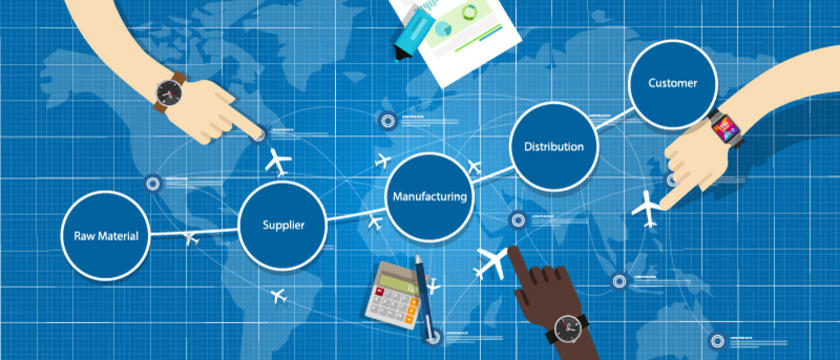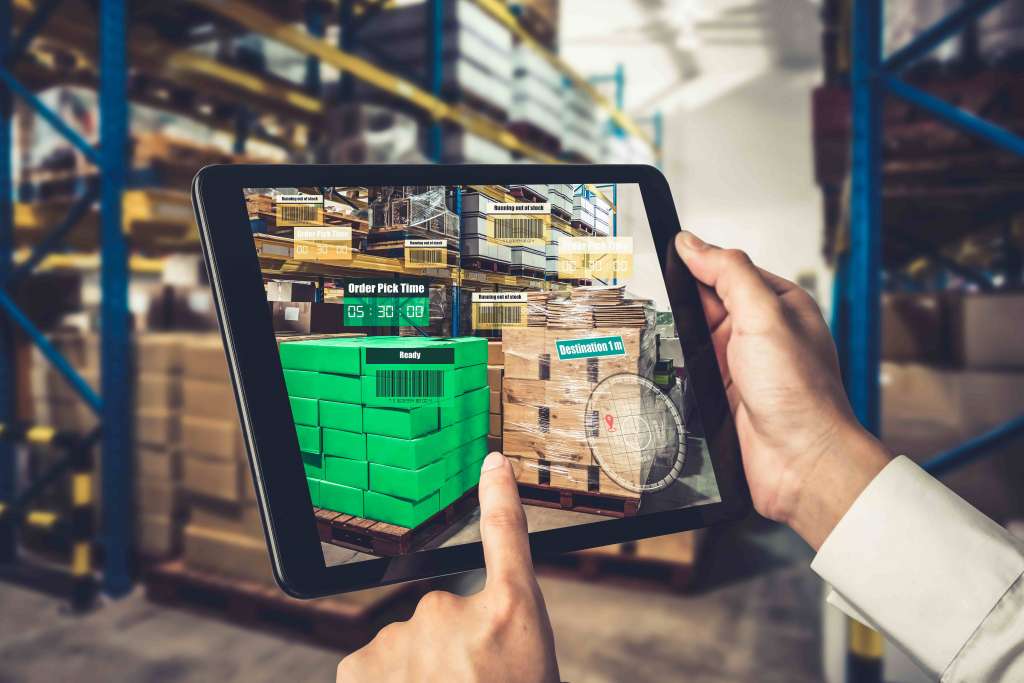The Changing Face of Logistics Projects



Summary: For any industry, including fashion, logistics and supply chain management is the backbone of a successful company. In the changing world, to face the challenges effectively, brands need to adopt logistics technologies like IoT and AI, create good integration in the businesses, and build transparent cultures amongst teams.
Logistics and Supply chain management is the soul of most, if not all, businesses today. Because of the vibrant nature of the fashion and clothing industry, it becomes even more important to keep all supply-chain wheels well-oiled and running efficiently. The need to keep it running efficiently also becomes imperative in the context of varying fashion trends and consumer demands and supply chain disruptions brought about by the pandemic, war, inflation and various other factors over the last few years. At the same time, it is necessary too to take into account the dynamic demand shifts of consumers and the cascading effect they create on fashion and retail supply chains.
Increases in fuel prices, disruptions in supply chain movements, and growing labor costs have severely affected margins for businesses in these years. It has also led to a new round of inflation. 1.2% inflation worldwide in 2020 jumped to 4.7% in 2021 and now to 8.8% in 2022. It’s getting worse. These factors are affecting businesses and consumer behavior equally. On the consumer side, increasing inflation and falling real wages have led to a decrease in overall spending.
Because of a such volatile socio-economic situation, sustainability and customer-centric features are going to be the mantra for Logistics and Supply chain management henceforth. In the fashion industry, in particular, innovation in logistics processes is becoming immensely important, which may bring out considerable growth in productivity and workflow performance.
With this background in mind, here are some of the main trends in the logistics industry and as such, keeping an eye on these trends will enable you to make sound business decisions at the right point in time.
1. Internet of Things (IoT)
Because of the speed at which consumer behaviors and demands are changing in the clothing industry, lean inventory control and visibility of the supply chain pipeline have gained immense value. IoT is a connection of various physical devices that control and transfer information using the internet without any human intervention. In the logistics industry, IoT offers increased transparency in every stage of the supply chain and improves inventory management efficiency. Improved overall performance, predictability of the issues and better fleet management – are some of the key benefits IoT technology can offer to organizations.
2. Artificial intelligence

Recent catastrophic developments like pandemics, war and inflation have all led to changes in the fashion industry’s consumer behavior. Coping with these fluctuating demands is one of the major issues corporations face today. Various AI modules and machine learning help organizations handle demand fluctuations proactively. For example, AI-based predictive analysis solutions empower managers to plan logistics movements effectively and thereby find options to serve customers better and reduce operating costs.
3. Circular supply chains
A circular supply chain, where manufacturers recycle or refurbish pre-owned products and make them ready for resale, is in vogue. These circular supply chains will soon take place of linear supply chains. Moreover, a circular supply chain develops less wastage, which reduces the overall environmental footprint. Patagonia, for example, sells “worn wear” and “ReCrafted” clothing, that are created from used merchandise and scraps of fabric.
4. Products getting converted to services
More and more companies are trying to deal directly with final consumers and offer them solutions in the form of services rather than just selling a product. T-shirt libraries especially for millennials and clothing rental companies are the best examples. These companies are increasing in numbers very rapidly. Logistics and Supply chain management companies will need to adopt these changing patterns and offer flexibility.
5. Supply chains need to go green
Environmental advocacy groups and consumers’ growing awareness about environmental responsibility are forcing logistics processes to become more planet friendly. Worldwide, billions of tons of goods are transported, annually, by trucks, trains, planes and ships. The entire logistics industry including freight transportation, warehousing and ports together make up 11% of global greenhouse gas emissions. Pressure, therefore, is expected to increase in coming years for climate-smart logistics processes in Logistics and supply chain management.

6. Shorter product life cycles
Durable, long-lasting clothes are almost a thing of the past. The trend now is “use-and-throw”. Clock speeds and product lifecycles are becoming shorter, supply chains therefore must evolve and become more agile and efficient. In the coming years, companies will have to create different supply chains, flexible enough to adapt to these shorter lifecycles, to remain profitable.
7. Rise of elastic logistics
It’s expected that consumer demands, particularly in the fashion business will keep on varying largely in the coming years. It is therefore not enough for logistics and supply chain management to have only lean processes. These processes have to be responsive and adaptable quickly to market fluctuations as well. Trucking, warehousing, inventory management, vessel operations, transit-route optimization—all aspects of the logistics pipeline will need flexibility and should be capable of growing or dropping easily as per market demands. This will give greater stability and offer competitive strength to businesses despite market fluctuations.
Recent trends are making variations in the lifestyle industry and will impact the supply chains remarkably. If there’s anything the last 2 or 3 years have taught us, it’s the difficulty in making any predictions regarding supply chain and delivery, all thanks to the vibrant social, political, and economic environment. To face these challenges effectively, brands need to adopt logistics technologies like IoT and AI, create good integration in the businesses, and build transparent cultures amongst teams. That should be the ideal way forward.
Key Takeaways
- Consumer demands are changing rapidly. Product life cycles have shortened. Socioeconomic disruptions are here to stay at least for the foreseeable future.
- To face these challenges logistics processes of the clothing industry, need to be flexible, elastic, and technology-driven.

Fashniza offers sustainable supply chain solutions to fashion brands, helping the industry move towards a more sustainable future. We offer complete transparency on the entire production process so that you can be assured that sustainability norms are followed throughout the product life cycle.
Talk to our experts at Fashinza.com.



















